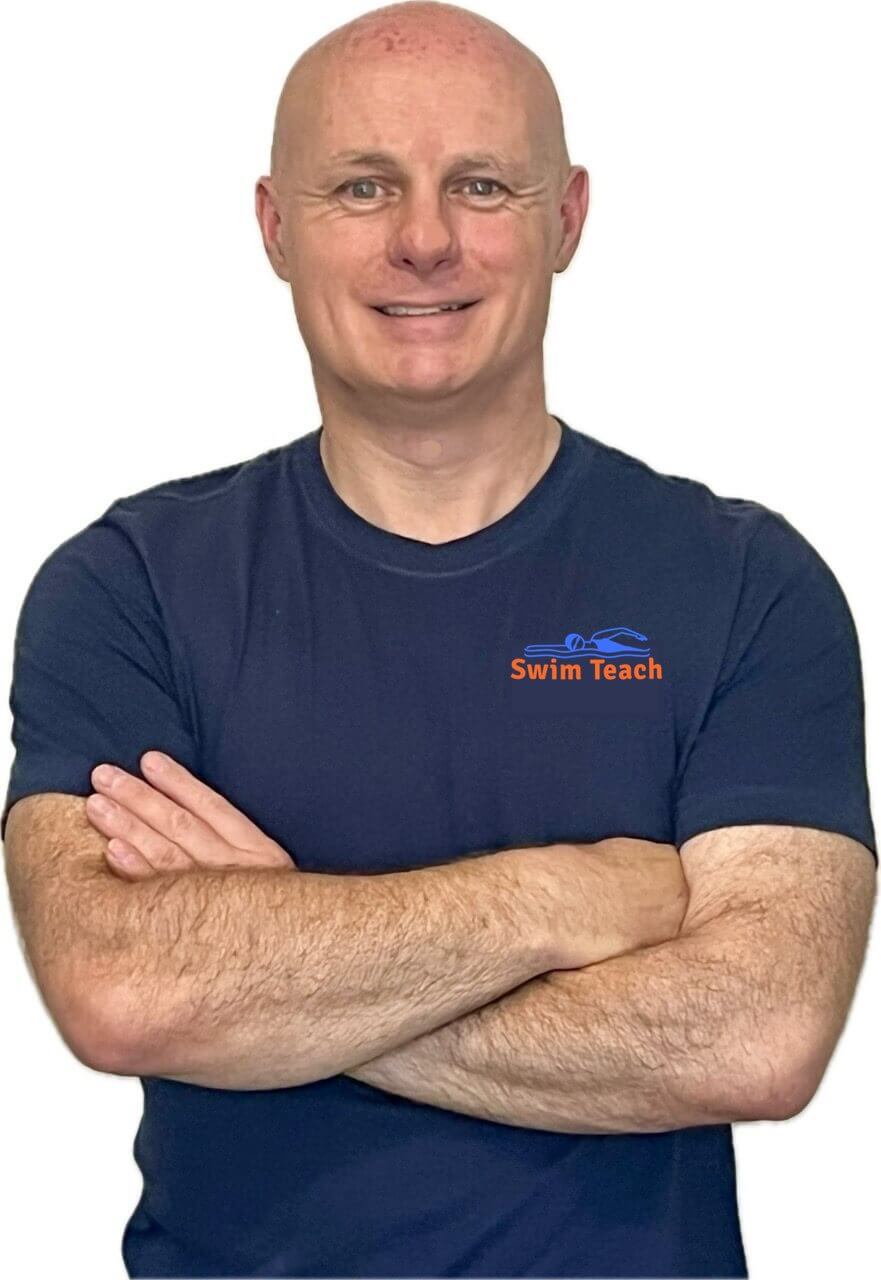- Swim Teach Home
- butterfly stroke
- Butterfly Stroke Body Movement
Butterfly Stroke Body Movement
Have you ever wondered how butterfly stroke body movement is performed so smoothly and elegantly? The secret lies in the swimming action of the dolphin.
HOW TO SWIM BUTTERFLY STROKE EBOOK: everything you need to master butterfly stroke swimming stroke. 16 easy drills that focus on each part of butterfly stroke technique. From body position to breathing and timing. Decades of teaching experience all packaged into 1 easy file. Download to your device and master swimming butterfly TODAY! (click here for a preview).
Don't miss out! Click here for more details on how to get your copy.
Butterfly Stroke Body Movement Video Demo
FREE EBOOK: all of the technique tips here can be found in my 'Butterfly Stroke Technique' book, along with a couple of bonus drills to help you perfect some essential parts of the stroke.
Don't miss out! Click here to grab a FREE copy of my book.
Although we cannot leap over the surface of the water like a dolphin, we can mimic the way it moves its body from nose to tail.
When we swim butterfly, our body should undulate from head to toe, producing a dolphin-type action. This type of movement gives the stroke a smooth and seamless motion.
The body movement for butterfly stroke is a continuous undulating action that requires strength and power. The movement provides the propulsion and drive needed to keep the overall stroke smooth and efficient when performed correctly.
Top 5 Tips for an effective body movement.
1. The body position should remain as horizontal as possible to keep frontal resistance to a minimum.
2. The body should be face down (prone), with the crown of the head leading the action.
3. The shoulders should remain level throughout, and the head should stay central and still, looking down until breathing is required.
4. Hips should remain parallel to the direction of travel and be in line with the shoulders.
5. Intermittent or alternating breathing will help to maintain a smooth and steady movement.
Although the movement initiates at the head, it begins as a relatively small movement when practised alone without the arm action. As the undulation progresses through the abdominal area and the hips, the movement becomes more extensive and more pronounced.
The up and down movement of the hips is very much the driving force behind the undulating motion, finishing with a large bend of the knees and the powerful downward kick of the legs.
The Number 1 Most Common Mistake...
The most common mistake made when performing the movement is when the undulation up and down is too excessive.
The movement originates from the head, but there is a tendency to exaggerate, causing the wave moving through the rest of the body to be over-pronounced.
The swimmer then puts more effort and energy into moving up and down instead of swimming forwards.
A simple push and glide exercise from the poolside followed by a gentle undulating movement across the surface of the water help to eliminate any excessive body movements.
If the swimmer uses the undulation to move forward, this will provide a solid base to build and perfect the swimming stroke.
Click here for some butterfly drills to help your technique.
Now Sync Your Body Position With Your Arms, Legs and Breathing...
Take your butterfly stroke to the next level with my book 'How To Swim Butterfly'. It contains specific drills for fine-tuning arm pull, leg kick and breathing techniques whilst maintaining an effective butterfly stroke body movement.
Click below to download a copy to your computer, tablet or mobile device. Or, click here for more details.
I am a member of the Amazon Associates Program and I will earn a commission from qualifying purchases at no extra cost to you.
Real-Life Questions and Answers
I would like some competitive butterfly stroke swimming tips. 'Butterfly is the most physically demanding swimming stroke as it requires tremendous power and strength.'











